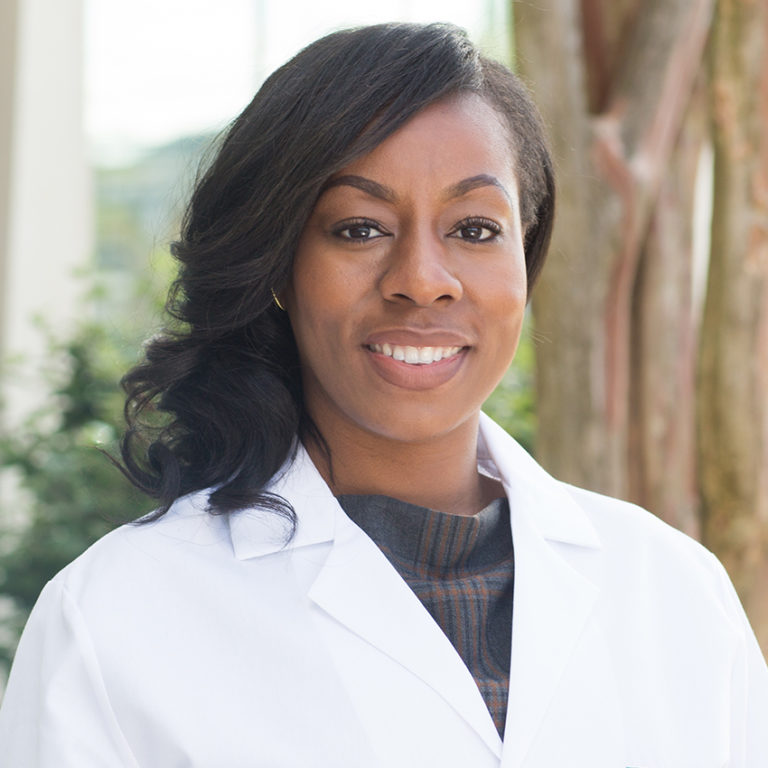Getting pregnant after a miscarriage can be an emotionally daunting hurdle, given that nearly 1 in 4 pregnancies end in miscarriage. There are often many feelings of sadness, and just as many questions about why this happened and how to move forward. While disappointing, patients should not be discouraged as most people who have experienced a pregnancy loss are able to achieve a successful pregnancy.
Some people may feel that they need time to heal from a miscarriage — both physically and emotionally— and others may be ready to start trying again right away. There is no right or wrong way to feel! Before moving forward, SGF Houston physician, Dr. Janet Bruno Gaston, explains what you need to know about getting pregnant after a miscarriage.
What is the leading cause of miscarriages?
Understanding the reason for your miscarriage can help determine whether you may be at an increased risk for recurrent pregnancy loss). Up to half of miscarriages can be linked to a predisposing factor, with genetic abnormalities in the fetus as the leading cause of miscarriages. People with the following known factors are at a higher risk of having another miscarriage
- Structural abnormalities- anatomical malformations affecting reproductive organs
- Hormonal imbalances- thyroid dysfunction
- Infection-cervicitis, endometritis, pelvic inflammatory disease
- Medical conditions- uncontrolled diabetes
- Auto-immune disorders- certain blood clotting conditions
Will I have another miscarriage?
It is entirely natural that this might be your first concern. According to the American Society for Reproductive Medicine (ASRM), only about 5% of couples will have 2 miscarriages and only about 1% will experience 3 or more miscarriages. Recurrent pregnancy loss is a medical condition defined as 2 or more consecutive clinical pregnancy losses before 20 weeks gestation.
Following a miscarriage, how long should I wait before trying to conceive again?
We strongly encourage taking medical precautions and discussing next steps with your physician before trying to conceive following a miscarriage. At a minimum, you should not have intercourse until you have fully stopped bleeding. Generally, intercourse is not recommended for 2 weeks following a miscarriage in order to prevent infection.
If you get pregnant immediately after your miscarriage, you may have some difficulty dating the pregnancy — or even knowing that you’re pregnant. Consider using an ovulation predictor kit, and regularly testing yourself for pregnancy until your period returns, as it is possible for some women to get pregnant before receiving their next period.
When should I seek fertility assistance?
It’s important to understand that a miscarriage does not necessarily mean that you will have fertility difficulties. However, if you think something may be wrong, talk to your doctor. A reproductive endocrinologist can test you for common fertility problems and offer helpful treatment options for you to consider.
A few other reasons to reach out to a fertility specialist following a miscarriage include:
- You have suffered 2 or more first or second trimester miscarriages.
- A structural or hormonal problem caused the miscarriage.
- Your period does not return within 60 days of your miscarriage.
- You experience a hemorrhage or infection after suffering a miscarriage.
A miscarriage can lead to an overwhelming sense of disappointment, but for those who have experienced one, do not be discouraged. Because there are a multitude of underlying factors, early intervention can offer greater chances of success and reduce the likelihood of a future pregnancy loss.
Medical contribution by Janet Bruno-Gaston, M.D., MSCI
Janet Bruno-Gaston, M.D., MSCI, is board certified in obstetrics and gynecology and in reproductive endocrinology and infertility (REI). Dr. Bruno-Gaston received her medical degree from Morehouse School of Medicine, where she was recognized as a Community Health Honors Scholar for her work with health care disparities.







